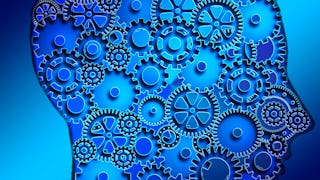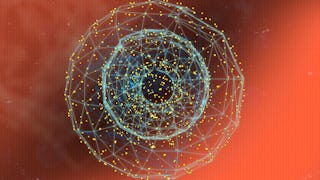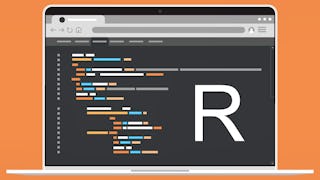Updated in May 2025.
This course now features Coursera Coach! A smarter way to learn with interactive, real-time conversations that help you test your knowledge, challenge assumptions, and deepen your understanding as you progress through the course. This course is a complete guide to supervised and unsupervised learning using R, covering practical data science comprehensively. Companies globally use R to analyze vast data, and mastering it can enhance your career. Unlike other courses, this one provides in-depth knowledge of R's machine learning features, from data reading and cleaning to implementing and evaluating algorithms. -You'll explore topics such as R framework, data structures, pre-processing, machine learning, model building, and selection. -Emphasizing real data, you'll use packages like Caret and understand unsupervised learning, dimension reduction, and supervised learning. -You'll read data, pre-process in R Studio, implement K-means clustering, PCA, Random Forests, and evaluate models. Ideal for students starting with R Studio data science, those wanting to apply unsupervised learning to real data, and anyone with R experience aiming to enhance practical skills. Prior exposure to common machine learning terms would be needed.





















